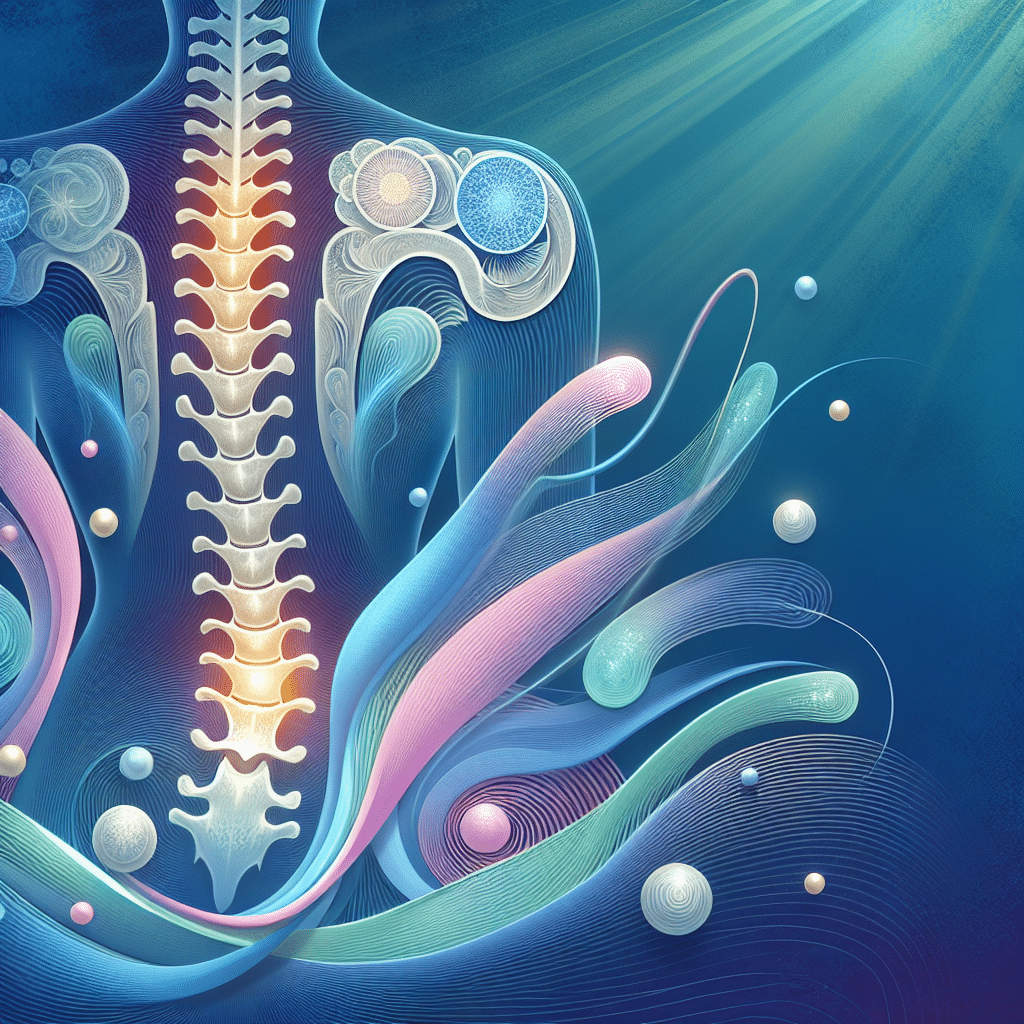The Connection Between Back Pain and Hormonal Changes: Understanding the Link
Back pain is a common complaint that affects millions of people worldwide. While many associate this discomfort with physical strain or injury, there’s another, often overlooked, factor at play: hormonal changes. In this blog post, we’ll explore how hormonal fluctuations can influence back pain, and what you can do to manage it effectively. Let’s delve into this fascinating intersection between hormones and health! 🌟
Table of Contents
1. Introduction to Hormones and Back Pain
2. How Hormones Affect the Musculoskeletal System
3. Specific Hormonal Changes and Their Impact on Back Pain
4. Managing Hormone-Induced Back Pain
5. Conclusion
6. FAQs
Introduction to Hormones and Back Pain
Back pain can arise from a variety of causes, but did you know that hormones might be an underlying factor? Hormones are chemical messengers in our bodies that regulate numerous functions, from growth to mood. When these messengers fluctuate, particularly during certain life stages, they can have a notable impact on our physical well-being, including the health of our back.
How Hormones Affect the Musculoskeletal System
Hormones play a crucial role in maintaining the health of our bones, muscles, and joints. Here’s how:
Estrogen: This hormone helps maintain bone density. Lower levels, especially during menopause, can lead to weakened bones and increased susceptibility to back pain.
Progesterone: Known for relaxing muscles and ligaments, high levels (such as during pregnancy) can make the back more prone to strain.
Cortisol: Often called the stress hormone, elevated levels can lead to inflammation and muscle tension, contributing to back pain.
Specific Hormonal Changes and Their Impact on Back Pain
Menstrual Cycle
Many women experience back pain during their menstrual cycle due to fluctuating hormone levels. Prostaglandins, which help the uterus contract, can cause inflammation and muscle contractions elsewhere in the body, including the back.
Pregnancy
Pregnancy is a period of significant hormonal change. Increased levels of progesterone and relaxin prepare the body for childbirth by loosening ligaments, but this can also lead to instability and pain in the lower back.
Menopause
During menopause, estrogen levels drop significantly, which can lead to a decrease in bone density and an increased risk of osteoporosis. This makes the back more vulnerable to fractures and chronic pain.
Stress-Related Hormonal Changes
Chronic stress can lead to elevated cortisol levels, which in turn can cause muscle tension and exacerbate back pain. Managing stress is crucial for maintaining hormonal balance and reducing pain.
Managing Hormone-Induced Back Pain
While hormonal changes are a natural part of life, there are ways to manage the back pain associated with them:
Exercise Regularly: Engaging in low-impact activities like swimming or yoga can help strengthen the back muscles and improve flexibility, reducing pain.
Maintain a Balanced Diet: Eating a diet rich in calcium and vitamin D can support bone health, while omega-3 fatty acids can help reduce inflammation.
Practice Stress Management: Techniques such as meditation, deep breathing, and mindfulness can help manage stress levels and keep cortisol in check.
Consult with Healthcare Providers: If back pain becomes chronic or severe, consult with a healthcare provider. They may recommend physical therapy, medication, or other treatments tailored to your needs.
Conclusion
Understanding the connection between back pain and hormonal changes can empower you to take proactive steps in managing your health. By recognizing the role hormones play in your musculoskeletal health, you can better address the root causes of your discomfort and improve your overall well-being. Remember, you’re not alone in this journey, and there are resources and strategies available to help you find relief. 🌈
FAQs
Q: Can hormonal changes cause chronic back pain?
A: Yes, hormonal changes, especially those related to menopause and pregnancy, can contribute to chronic back pain due to their effects on bone density and muscle relaxation.
Q: What lifestyle changes can help manage hormone-induced back pain?
A: Regular exercise, a balanced diet, stress management, and proper posture can all help manage back pain related to hormonal changes.
Q: Should I see a doctor for hormone-related back pain?
A: If your back pain is severe or persistent, it’s important to consult with a healthcare provider to rule out other potential causes and receive appropriate treatment.
Understanding the intricate link between hormones and back pain can make a significant difference in how you manage your health. Take charge of your well-being today! 🌺
